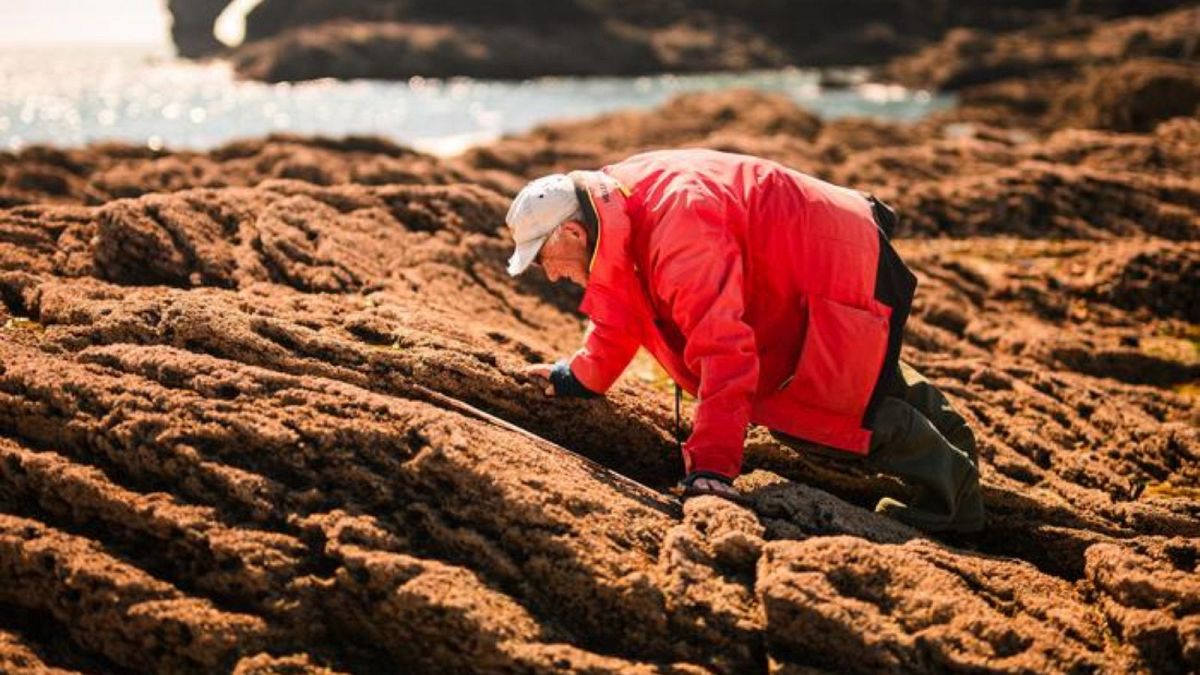

As the global community faces an array of environmental challenges, recent news highlights the diverse impacts on our natural and human-made systems. From volcanic activity in Iceland to dwindling water resources in Athens, these events underscore the importance of understanding and responding to environmental changes with a sense of calm and clarity.
In Iceland, a volcanic eruption occurred near Sundhnúksgígar, prompting the evacuation of residents from the nearby town of Grindavík. This natural spectacle, while disrupting the operations at the popular Blue Lagoon geothermal spa, serves as a vivid reminder of the Earth’s dynamic nature. Authorities acted swiftly to ensure the safety of the community, illustrating the capability to adapt and manage natural events that unfold abruptly.
Meanwhile, in the Mediterranean, Greece faces a pressing issue of water scarcity. Recent studies have shed light on the alarming state of Athens’ reservoirs, which are approaching historic lows. This situation emphasizes the growing pressure on urban water supplies amidst climate variability and increasing demand. The findings invite reflection on sustainable water management practices, encouraging communities to adopt and invest in long-term solutions that secure water availability for future generations.
Switching focus to North America, environmental discussions come to the fore with the recent concerns expressed by Republican lawmakers regarding Canadian wildfire smoke encroaching on American skies. These concerns, voiced in a letter to Canada’s ambassador, highlight the intricate connections between ecological health and public well-being. The deliberation occurs against a backdrop of legislative choices that may contribute to climate dynamics, spotlighting the need for consistent and holistic policies that align environmental goals with societal needs.
Across continents, scientists have been analyzing predictions made decades ago about coastal threats. The scrutiny of these forecasts reveals both successful anticipations and emerging challenges that were less clearly foreseen. Coastal ecosystems face threats from agricultural pollution, climate change, and invasive species—a complexity that calls for continuous research and adaptive strategies to protect these vital areas. As communities respond, the cumulative experience enriches our understanding of environmental resilience and adaptability.
Collectively, these stories draw attention to the necessity of a balanced, informed approach to environmental stewardship. By acknowledging and addressing each challenge with thoughtfulness and collaboration, humanity can navigate the uncertainties of our natural world while fostering a sustainable agenda for the present and future alike. Through mindful engagement and decision-making, the path forward holds promise for harmony between human communities and the natural landscapes we inhabit.
Source: {link}
